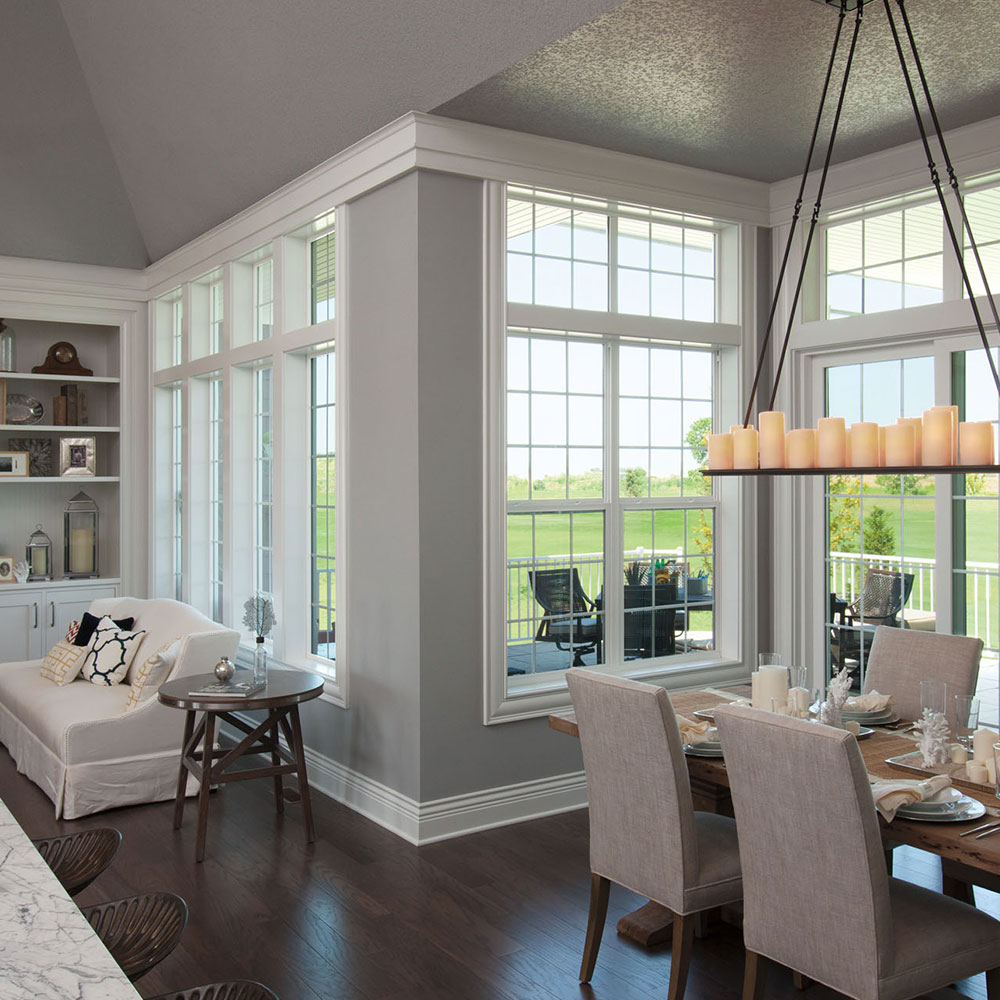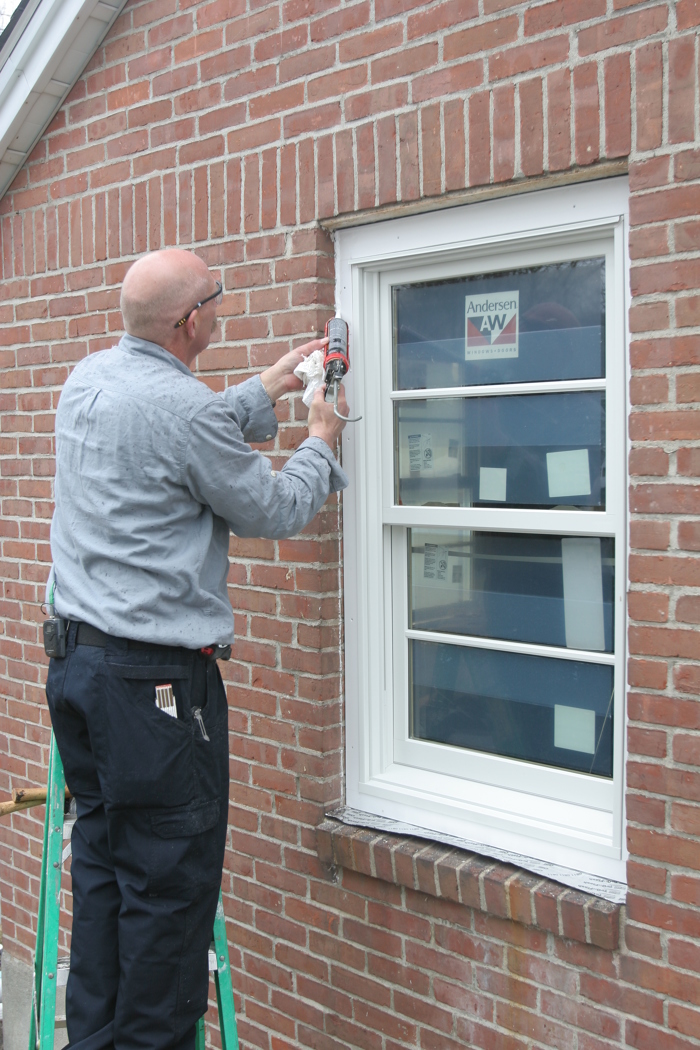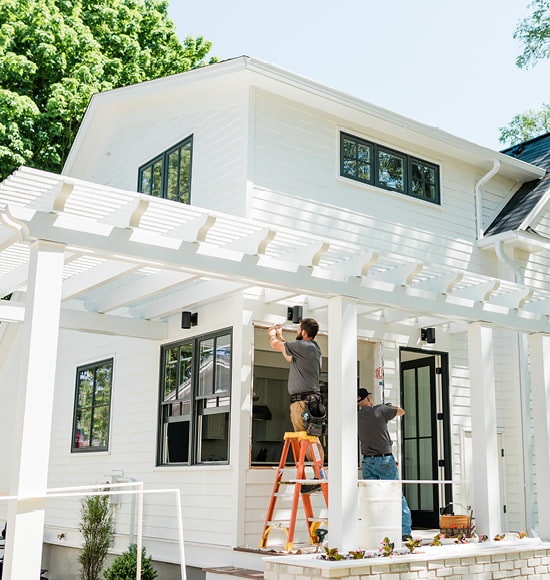Upgrade Your Home With Energy-Efficient Home Window Replacements
In the world of home improvement, the choice to upgrade to energy-efficient home window replacements can significantly affect both the capability and appearances of a home (Houston Pella windows). As home owners seek methods to boost the efficiency and sustainability of their living rooms, the choice of windows plays a pivotal role in accomplishing these goals. Beyond the surface degree of mere visual appeals, energy-efficient windows use a plethora of advantages that go beyond simple visual allure. With a careful choice procedure that takes into consideration various factors, from glass types to setup strategies, getting started on this home upgrade journey could show to be a transformative venture.
Benefits of Energy-Efficient Windows

The setup of energy-efficient home windows offers significant financial savings on utility bills while enhancing environmental sustainability. Energy-efficient home windows are developed to minimize warmth loss and gain, reducing the need for heating and cooling systems to burn the midnight oil. By effectively shielding the home, these windows help keep a comfortable interior temperature year-round, causing reduced energy usage and decreased energy costs. In addition, energy-efficient windows can help control wetness degrees within the home, minimizing the threat of mold and mildew growth.
Beyond the monetary advantages, energy-efficient windows add to ecological sustainability by lowering carbon discharges connected with energy production. By reducing power use, these home windows help reduce the ecological influence of home heating, lights, and cooling household rooms. This decrease in power intake plays an important duty in combating environment adjustment and promoting a greener future for generations ahead. Overall, investing in energy-efficient windows not just improves the comfort and efficiency of a home but likewise aligns with ecologically mindful techniques.
Types of Energy-Efficient Glass
Numerous advanced types of energy-efficient glass deal unique residential or commercial properties that provide to various needs and choices in boosting the sustainability and efficiency of structures. Triple-pane glass, being composed of three layers of glass with protecting gas in between them, provides enhanced thermal insulation, making it extremely energy-efficient. In addition, self-cleaning glass with a special finishing that breaks down and loosens dust when revealed to sunlight can decrease upkeep demands and maintain windows looking clean.
Elements to Think About When Picking
When considering energy-efficient home window substitutes, it is crucial to carefully evaluate certain variables that align with your sustainability purposes and desired energy cost savings. One critical variable to take into consideration is the home window's power efficiency ratings, such as the U-factor and Solar Heat Gain Coefficient (SHGC) The U-factor steps how well the home window protects, with reduced numbers suggesting far better insulation, while the SHGC shows the home window's capacity to obstruct warmth from sunshine. In addition, the window structure product plays a substantial duty in power effectiveness. Materials like fiberglass, plastic, or wood with thermal breaks are exceptional options for reducing warmth transfer. An additional important factor to consider is the home window design and orientation worrying sunshine exposure. Choosing the right home window design and tactically putting them can maximize all-natural light while lessening warm gain or loss. Lastly, installment top quality is crucial to guaranteeing the home windows execute as meant. Proper installment assists stop air upvc windows manufacturers leakage, ensuring optimum energy efficiency. By meticulously assessing these factors, you can pick energy-efficient windows that boost comfort, reduce power costs, and profit the environment.
Installment and Maintenance Tips

Routine maintenance is essential to preserving the effectiveness of your energy-efficient windows. Evaluate the home windows occasionally for any type of indications of damage, wear, or sealant damage. Tidy the frameworks, tracks, and glass consistently utilizing moderate soap and water to remove dust and gunk that can impact performance. Check the weather-stripping and seals for any kind of tears or spaces and replace them if required to preserve the windows' power effectiveness.
In enhancement, lubricate relocating components such as hinges and locks to make sure smooth operation. By complying with these installation and upkeep tips, you can improve the energy effectiveness of your home and lengthen the life expectancy of your energy-efficient home windows.
Cost-Benefit Evaluation of Updating

Energy-efficient windows are developed to reduce heat transfer, reducing the demand for home heating and cooling systems to burn the midnight oil. This can lead to significant financial savings on power expenses, particularly in areas with severe temperatures. Additionally, energy-efficient home windows can boost the general value of your home, making it extra eye-catching to prospective buyers if you decide to market in the future.
When determining the cost-benefit analysis, consider the prospective cost savings on energy costs, any kind of offered incentives or discounts, and the life expectancy of the windows. While the first expense may be greater, the long-term financial savings and advantages of energy-efficient windows make them a clever investment for home owners seeking to improve their property's energy efficiency and worth.

Verdict
In final thought, upgrading to energy-efficient home window replacements offers countless advantages such as decreased energy usage, enhanced comfort, and cost financial savings. By choosing the suitable type of energy-efficient glass and considering aspects like frame product and installation, house owners can take full advantage of the performance of their windows. Routine upkeep and correct installment are important for long-lasting efficiency. Overall, the cost-benefit evaluation of updating to energy-efficient home windows shows that the preliminary financial investment can cause substantial cost savings over time.
When contemplating energy-efficient window substitutes, it is necessary to carefully evaluate particular glass and screen repair aspects that align browse around this web-site with your sustainability goals and preferred energy cost savings. The U-factor actions just how well the window insulates, with reduced numbers showing much better insulation, while the SHGC shows the home window's capability to block warm from sunlight. By carefully evaluating these aspects, you can choose energy-efficient windows that improve convenience, reduce power prices, and profit the atmosphere.
While energy-efficient windows may have a greater upfront price contrasted to standard windows, the long-lasting advantages often outweigh the first financial investment.In final thought, updating to energy-efficient home window replacements provides many advantages such as minimized power intake, increased convenience, and expense savings.